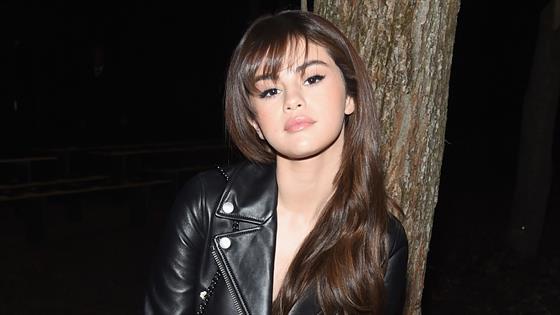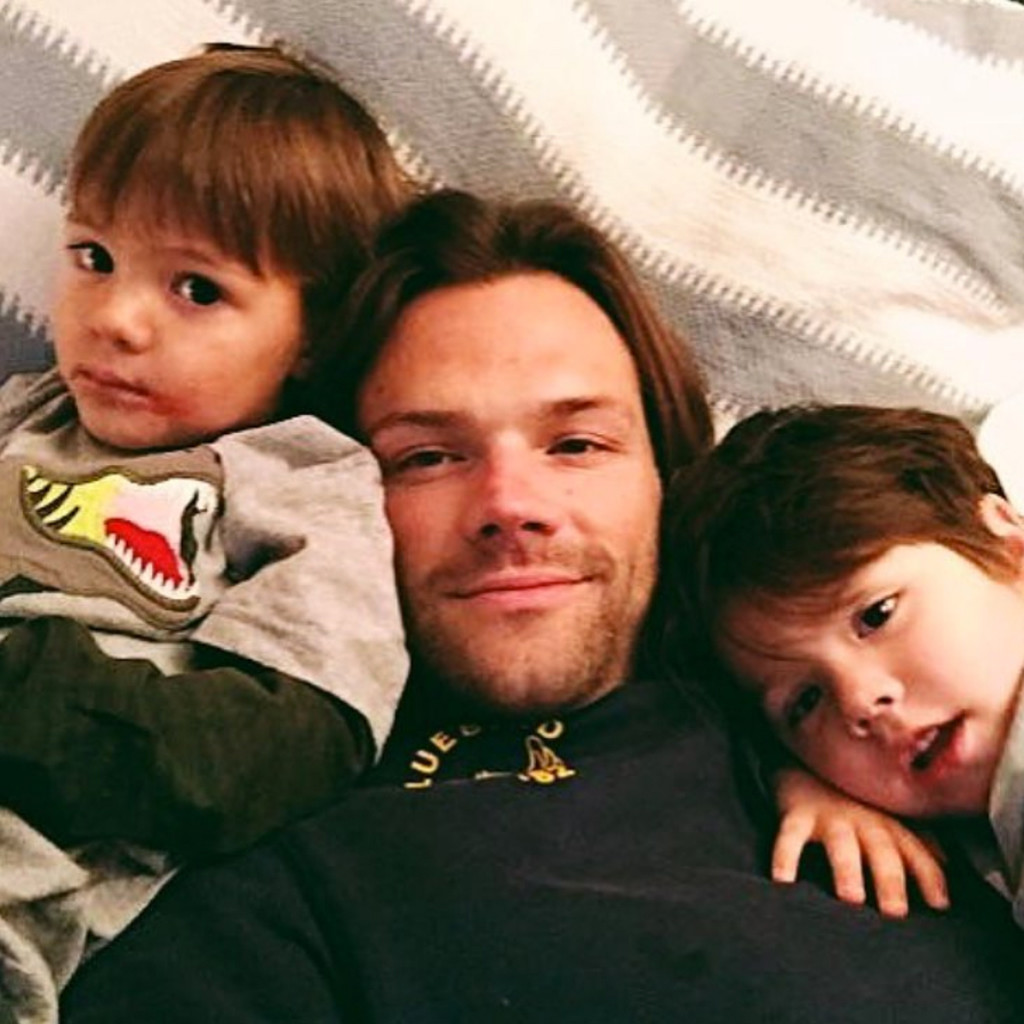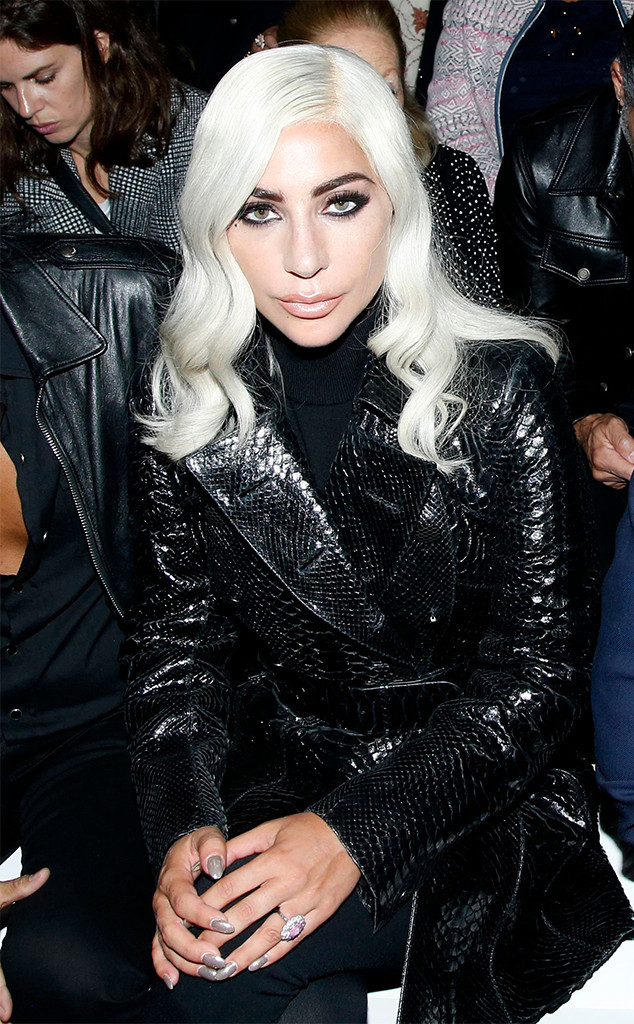It wasn’t all too long ago in the grand scheme of things that mental health wasn’t a subject for polite company. And having a psychological problem certainly wasn’t something you admitted to.
Women didn’t want to be labeled “crazy” or written off as unstable, and men couldn’t admit to being depressed, having been led to believe that any display of emotion, let alone chronic sadness, wasn’t appropriately manly. That, if anything, women were the ones who had nervous breakdowns or bouts of hysteria, that it was shameful to even cry.
While there is still a stubborn stigma attached to mental illness and addiction issues, and probably everyone still fears being pigeonholed or otherwise marginalized, we have at least come an epically long way since the time when people vaguely “went away” and came back after getting some “rest,” if they sought help at all.
Like with so many other seismic cultural shifts, the global conversation started to change thanks in part to famous people, such as Elizabeth Taylor and Princess Diana, opening up publicly about their own experiences. And while the list of celebrities acknowledging their struggles in recent years may seem long, it’s because of the few outliers who came before that a new generation of stars felt at all comfortable doing so.
Now there’s an even younger set of stars who’ve spent the entirety of their fame in a social-media-driven world, and who can probably barely imagine a time when there wasn’t a 24/7 worldwide audience for their message—though it can still feel like a risk to come right out and say not all is well.
Photos
Demi Lovato’s Quotes on Sobriety and Mental Health
Selena Gomezhas once again checked into a treatment facility to tend to her mental health, an ongoing battle she’s been fighting for years and which inevitably turned long ago into a public dialogue when faced with a society that tends to fill in its own blanks until it gets real answers.
Rob Latour/REX/Shutterstock
“I’ve had a lot of issues with depression and anxiety, and I’ve been very vocal about it, but it’s not something I feel I’ll ever overcome,” Gomez said in a sit-down with 13 Reasons Why star Katherine Langford for Harper’s Bazaar earlier this year. “There won’t be a day when I’m like, ‘Here I am in a pretty dress—I won!’ I think it’s a battle I’m gonna have to face for the rest of my life, and I’m okay with that because I know that I’m choosing myself over anything else. I’m starting my year off with that thought. I want to make sure I’m healthy. If that’s good, everything else will fall into place.”
That in itself was a newer frontier, Gomez’s admission that you can’t just bounce back to so-called normal by cutting out gluten, doing yoga or having a strong support system. Depression, like addiction, is more often not something that you simply kick or beat, or otherwise vanquish forever.
Ben Affleck, who just spent 30 days in rehab and decided to keep going, opened up about the latest chapter in his ongoing saga last week on social media, writing, “Battling any addiction is a lifelong and difficult struggle. Because of that, one is never really in or out of treatment.
“It is a full-time commitment. I am fighting for myself and my family. So many people have reached out on social media and spoken about their own journeys with addiction. To those people, I want to say thank you. Your strength is inspiring and is supporting me in ways I didn’t think was possible. It helps to know I am not alone. As I’ve had to remind myself, if you have a problem, getting help is a sign of courage, not weakness or failure.”
Read
Janet Jackson Opens Up About Her “Intense” Battle With Depression
“I found that with depression one of the most important things you could realize is that you’re not alone,” Dwayne Johnson said on Oprah’s Master Class in 2015. “You’re not the first to go through it… I wish I had someone at that time who could just pull me aside and [say], ‘Hey, it’s going to be okay.'”
There’s a reason why Johnson, one of the biggest movie stars in the world and a guy who used to wrestle under the name “The Rock,” is considered a pillar of different kinds of strength. Because more and more, it’s considered strong—as opposed to the stereotypical notion of “weak”—to admit that you’re not perfect, that everything isn’t easy and that depression comes for people regardless of sex, race, size or income bracket.
Claire Foy, who just won an Emmy for her performance as Queen Elizabeth II in The Crown, told The Guardian recently that she some years ago she started seeing a therapist for anxiety, because success itself sure hadn’t done the trick. “We laud success so much, and think that if you’re successful, you’re special,” the British actress said. “Maybe it changes some people. But what I found really disconcerting was that it hadn’t changed me at all. Ultimately, all the same old crap is going on.”
“I’m using the platform I have to help everyone realize they’re not alone,” Jared Padalecki told E! News in 2015, talking about his Always Keep Fighting line of apparel he launched to benefit To Write Love on Her Arms, which supports people struggling with depression, addiction, self-injury and suicidal thoughts.
The Supernatural star and father of three, who had previously revealed that years of depression culminated in him having an emotional breakdown while shooting the third season of his hit CW show, said, “There’s still a large portion of the population who just want to say, ‘Buck up. Put on a happy face and everything goes away.’
“For some people, that works. There are certainly some personality types out there who can have a tough day and just brush it aside and carry on. For those of us who aren’t so blessed, the message ‘Always Keep Fighting’ is for us. I try to remember to remain empathetic to those who are not extending the same back to me.
“Whatever their struggles may be, people may be putting on this tough exterior because they don’t yet have the courage or the acceptance to say, ‘I’ve been there too. I’ve danced with these issues also, or my friend did, or my father did.’ Generation by generation, we’re slowly stripping away that taboo, that strange dynamic of, ‘Oh, there must be a problem with you if you feel this way.’ I’m happy to be a part of that, whatever part I may play.”
Read
Gwyneth Paltrow Recalls How Postpartum Depression Took Her to a “Dark Place”
Interestingly, the paving of the way works in both directions—stars who came before helped make it a less shocking topic of conversation, and the parade of young celebrities who want to share everything with their fans via social media have in turn helped show a more reluctant generation of celebs that their voices are important and that nowadays they likely won’t be met with the backlash or cold shoulders they once feared.
“I’m not the kind of person who likes to shout out my personal issues from the rooftops, but with my bipolar becoming public, I hope fellow sufferers will know it is completely controllable,” Catherine Zeta-Jones told InStyle in 2012, about a year and a half after revealing she’d been in treatment to manage the disorder. “I hope I can help remove any stigma attached to it, and that those who don’t have it under control will seek help with all that is available to treat it.”
Her admission was widely applauded as a courageous move, as even seven short (or it really, really long?) years ago, the notion of bipolar disorder wasn’t exactly at the forefront of everyone’s consciousness. (Now, ironically, the charge of being bipolar is flung around almost too much, as like so many other really serious things it’s became an insult flippantly leveled at celebrities who are behaving strangely—or, on the flip side, it has become a go-to excuse for inexcusable behavior.)
ABC
But in 2011, Zeta-Jones was one of the most famous people ever to have voluntarily put bipolar disorder on the covers of celebrity magazines, and that in turn pulled back the curtain and shed some light on another widely misunderstood condition.
“I don’t know Catherine Zeta-Jones personally but what she has decided to do it SO brave,” Demi Lovato tweeted at the time. “And SO difficult but worth it… I’m proud of her.”
Memorably, Lovato also shared her own bipolar diagnosis in 2011. “I went through several years of pain and suffering, and I want to be able to help people and help try to prevent that suffering from happening,” she told People in 2015 while in Washington D.C. speaking on behalf of the “Be Vocal: Speak Up for Mental Health” initiative at the National Council for Behavioral Health’s Hill Day. “I think it’s important that people no longer look at mental illness as something taboo to talk about. It’s something that’s extremely common, one in five adults has a mental illness, so basically everyone is essentially connected to this problem and this epidemic.”
Read
Demi Lovato Completes 60 Days in Rehab: What We Know About Her Continued Recovery
Lovato, who like Gomez has a social media-driven relationship with her fans that prior generations—whose public images, unless they penned tell-all memoirs, were shaped by studio PR, film publicity tours and the briefest of meet-and-greets—couldn’t have envisioned become an everyday way of life. But even those, or especially those, who basically grew up in the spotlight, or spent the entirety of their famous lives in that degree of spotlight, have unwittingly become cautionary examples of how big the gap really is between the public face and the private.
Lovato ended up hospitalized after a drug overdose in July and has since been in intensive treatment. That sad turn of events triggered a flood of hindsight, but was really a glaring reminder of just how much of a disconnect there is, between the artist and the fans and, quite possibly, between the artist’s perception of what she thinks she can handle and what she can actually handle.
“I have always been transparent about my journey with addiction,” Lovato posted on Instagram two weeks after she was first hospitalized. “What I’ve learned is that this illness is not something that disappears or fades with time. It is something I must continue to overcome and have not done yet.”
She promised to “keep fighting.”
Read
The Truth About Selena Gomez and Demi Lovato’s Friendship
So while there’s an understandably cynical aspect of the response to news of Gomez having another mental-health crisis, the fact that she’s made therapy and frequent check-ins with herself part of her regular routine—and shared with the world that she has accepted it as something she’s stuck with for life—is important.
“This is an ongoing issue,” a source tells E! News about Gomez’s condition. “It’s consistent, but she’s committed to focusing on her mental and physical health.”
At one point last year she was seeing a therapist five times a week, and the singer-actress said Dialectical Behavior Therapy had changed her life.
“I wish more people would talk about therapy,” she told Vogue.
WWD/REX/Shutterstock
“Stigmas are difficult to overcome when people already have these notions of what someone with a mental illness is supposed to look like,” Glenn Close, who founded Bring Change 2 Mind, an alliance of organizations looking to treat, educate and end the stigma around mental illness, told Mashable in 2015. “What most people don’t know is that mental illnesses is more common than you think.”
According to the National Alliance on Mental Illness, one in five adults in the United States—roughly 43.8 million people—experiences a form of mental illness in a given year.
And every bit of progress is still a baby step.
Since bursting onto the pop star scene a decade ago, Lady Gaga has used her platform to talk frankly about mental health issues, presenting herself as a prime example of someone who’s constantly struggling to move past her own demons. She emphasized in an op-ed for The Guardian just this week that there is still much work to be done at every level to combat a problem that affects every corner of society.
“Yet despite the universality of the issue, we struggle to talk about it openly or to offer adequate care or resources,” Gaga wrote. “Within families and communities, we often remain silenced by a shame that tells us that those with mental illness are somehow less worthy or at fault for their own suffering.”
Citing some numbers that would indicate a positive return on any investment, she continued, “We can no longer afford to be silenced by stigma or stymied by misguided ideas that portray these conditions as a matter of weakness or moral failing. Research shows there is a fourfold return on investment for every dollar spent on treating depression and anxiety, the most common mental health conditions, making spending on the issue a great investment for both political leaders and employers, in addition to generating savings in the health sector.”
There are countless unfortunate reasons why there isn’t a better infrastructure in place to help everyone who needs it, but if it were just up to the stars, everyone would see the light.
Source: Read Full Article









